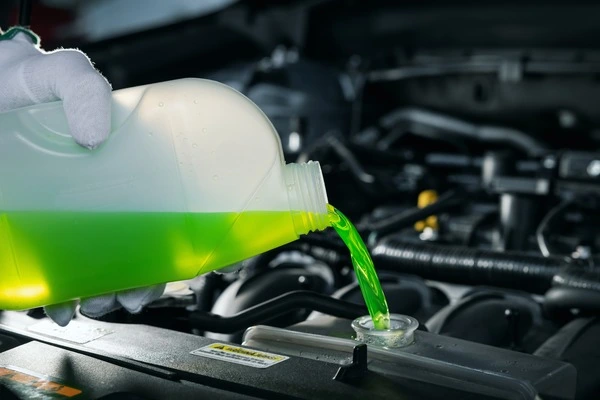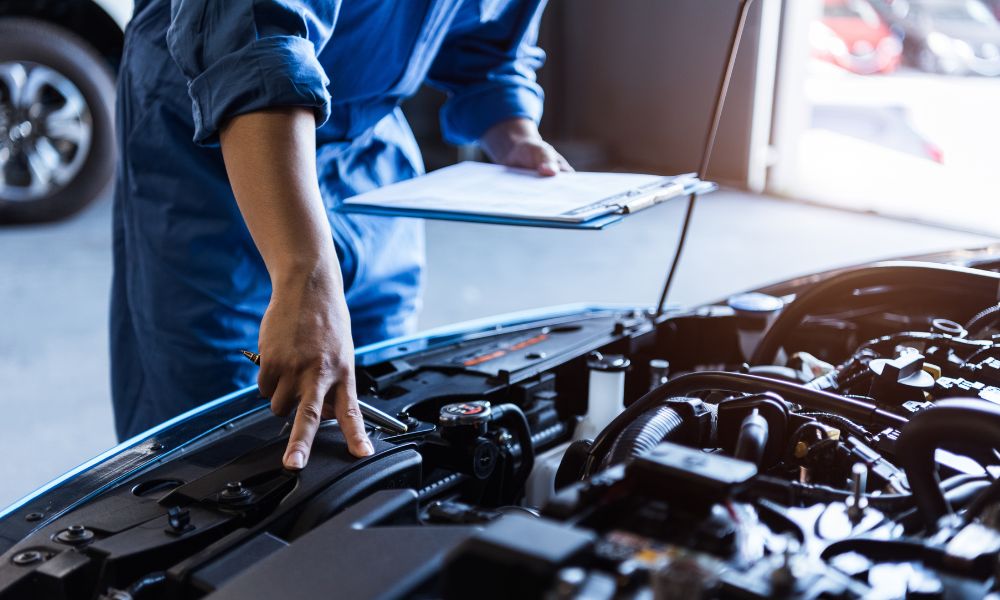Managing automotive chemicals effectively is essential for environmental and public safety. Hazardous liquids such as oil, coolant, and brake fluid can harm ecosystems if not handled correctly. Professional recycling services provide a reliable solution to ensure these materials are treated responsibly. In addition, these services integrate with broader car programs, addressing fluids and the vehicle’s metal and plastic components.
Safe Fluid Containment
Professional car recycling services use specialized methods to secure toxic liquids during collection. Proper containment prevents leaks that could contaminate soil or water sources. For instance, used oil is stored in double-walled containers equipped with spill-proof seals to prevent environmental damage. This step is crucial in ensuring the fluids remain isolated until they reach a facility designed specifically for this. Furthermore, these services include dismantling vehicles in environmentally controlled zones to avoid accidental spills and tying fluid containment directly to the process.
Secure Fluid Transportation

Once fluids are contained, they must be transported to designated recycling centers. Professionals ensure that transportation complies with safety regulations, reducing the risk of spills or accidents during transit. Vehicles used for transport are equipped with non-corrosive tanks and advanced monitoring systems to detect leaks in real time. These measures not only protect the environment but also optimize logistics for efficient results. Additionally, many services align this transport process with the delivery of other recyclable car components, streamlining the entire cycle.
Efficient Recycling Methods
Professionals employ advanced processes to treat and repurpose automotive fluids. For example, used oil can be re-refined into new lubricants, while antifreeze can be purified for reuse. Specialized filtration systems remove impurities, making these suitable for industrial applications. Brake fluids undergo chemical neutralization to render them safe for disposal or conversion into usable products. These technical steps ensure that automotive ones contribute to sustainability while complementing efforts to recycle car metals and plastics effectively.
Expert Chemical Handling
Handling toxic automotive liquids requires specialized knowledge. Professionals are trained to identify and separate different types of fluids, ensuring each is recycled correctly. For example, transmission and power steering fluids require different treatment methods, which experts execute with precision. Proper segregation at the dismantling stage ensures that contaminants are not mixed, preserving the integrity of the recycling process. These practices are integral to the entire process as they align fluid recovery with managing other hazardous materials like batteries and air conditioning refrigerants.
Regulation Compliance
Professional recycling services ensure compliance with these laws, protecting individuals and businesses from legal consequences. Certified providers adhere to EPA guidelines, employing processes like closed-loop to meet strict environmental standards. Additionally, compliance audits often extend to the broader process, ensuring that dismantling and material recovery align with legal requirements.
Resource Recovery
Recycling hazardous automotive chemicals contributes to resource conservation. Here’s how professionals recover value from these materials:
- Used oil is reprocessed into industrial lubricants or fuel, reducing dependency on crude oil extraction.
- Antifreeze is purified and reused, often with enhanced performance properties through chemical reconditioning.
- Brake fluid is chemically treated to separate usable components from waste.
In addition, professionals recover metals like aluminum and steel from vehicles, further supporting sustainability. This integrated approach ensures that liquid and solid components are reused, significantly reducing landfill waste.
Professional car recycling services provide an effective way to manage hazardous automotive fluids, prioritizing safety and environmental protection. From secure containment and transportation to advanced methods, these services play a critical role in reducing pollution and conserving resources. Additionally, when paired with car recycling programs, they create a holistic solution that ensures vehicles are responsibly dismantled, with both fluids and materials repurposed.

